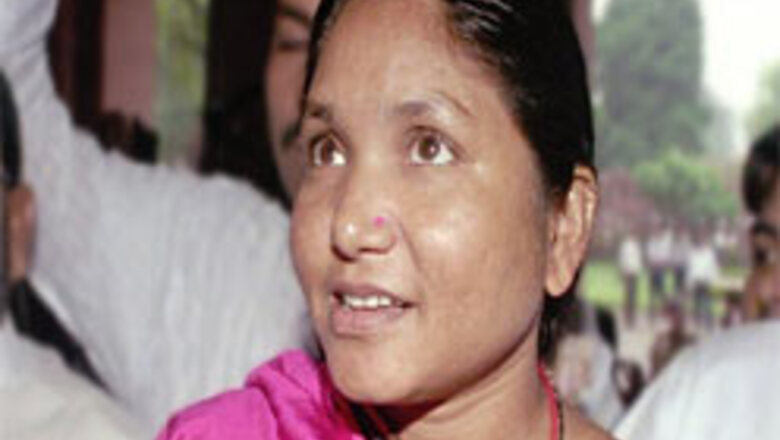
views
New Delhi: Six years after her murder, a statue of bandit queen Phoolan Devi was on Tuesday unveiled at the Pakri crossing in Bhadohi in Uttar Pradesh.
Urban Development Minister Azam Khan, who unveiled the statue, termed the late dacoit-turned Samajwadi Party MP as a "rebel who raised arms to oppose oppression and injustice".
While referring to the political unstability in the state after 13 BSP MLAs were disqualified, Khan said there is no threat to the Uttar Pradesh government and that it would prove its majority on the floor of Assembly on February 26.
Phoolan was born in Gurah ka Purva village in central Uttar Pradesh in August 1963. Her story began in 1979, when the Babu Gujjar gang of Uttar Pradesh kidnapped her, apparently at the instigation of her cousin with whom her family had an ongoing property dispute.
Two days later, Babu Gujjar was killed by a gang member, Vikram Mallah, and Phoolan Devi became his consort and the gang's co-leader.
Their gang operated in the Chambal ravines in central India, an area that is famous for harbouring gangsters. It was the Behmai massacre that made Phoolan Devi a cult figure and a dreaded bandit.
On February 14, 1981, Phoolan Devi's gang shot dead 21 so-called upper caste men in Behmai village. She claimed she killed the 21 men to avenge her gang rape at the hands of the so-called upper caste men.
And, while the police have managed to nab the culprit, mystery shrouds Phoolan's murder. The popular belief is that the bandit queen was killed to avenge the Behmai massacre.
Three masked men shot dead Phoolan Devi on July 25, 2001, when she alighted from a car on the roadside at the gate of her residence at 44 Ashoka Road, New Delhi.
The assailants, who were following her in a car, shot her the moment she was stepped out of the car in which she had taken a lift.











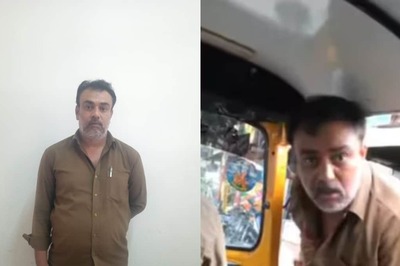
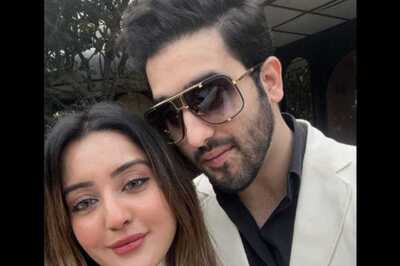
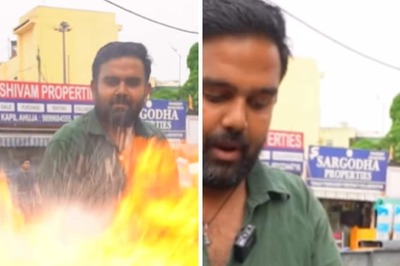

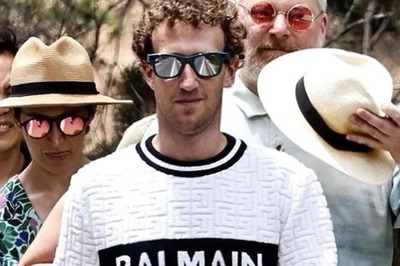
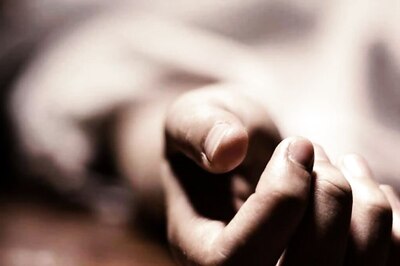

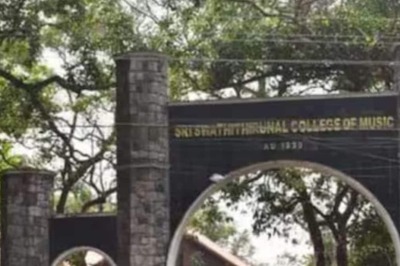

Comments
0 comment